Phishing is a type of cyberattack that uses email or malicious websites to trick users into revealing sensitive information. Cybercriminals often impersonate a trusted organization or individual in order to gain the victim’s trust.
Phishing can be used to target anyone, which means that businesses of all sizes are at risk. In fact, phishing is responsible for 90% of data breaches in 2021, making them one of the most common cyber threats businesses face today.
As a business owner, you need to be aware of phishing scams and have a plan in place to protect your business from them. You should also know about cybersecurity insurance. This will help to protect your business in the event of a phishing attack. But what are the cybersecurity insurance requirements?
What No One Mentions About Cybersecurity Insurance
Insurance companies that offer cybersecurity insurance require their clients to include preventative measures to avoid phishing attacks. These measures can include “Phishing Campaigns” or simulated phishing attacks. If you don’t have phishing prevention measures in place and your business suffers a phishing attack, the cyber insurance company will likely deny your claim.
Cybersecurity insurance is important to businesses so it is important to be aware of the requirements. Insurance companies want to see that you’re taking the necessary steps to protect your data and that you’re aware of the risks.
What Are Cybersecurity Insurance Requirements?
To get cybersecurity insurance, you’ll need to have some kind of phishing prevention in place. Here is a list of phishing prevention measures that your business should consider implementing:
Fake Phishing Campaigns or Simulated Phishing Attacks
One of the best ways to protect your business is to educate your employees. Simulated phishing attacks help employees to learn how to spot a phishing email and what to do if they receive one.
During a simulated phishing attack, employees will receive a fake phishing email. This will imitate what an actual phishing email will look like. If the employee clicks on the email they will receive a report detailing why this was a fake email and how they can identify phishing emails in the future.
Incident Response Plan
This will help you to quickly and effectively deal with a phishing attack. It should include steps for how you’ll notify your customers and employees, how you’ll contain the damage, and how you’ll prevent future attacks.
Security System
A comprehensive security system will help to protect your data. This could include anything from firewalls to intrusion detection systems.
Email Filtering
This will help to block phishing emails from reaching your employees’ inboxes.
MFA Enabled
Multi-factor authentication can help to protect your accounts and data by requiring more than just a password.
Backups
Regular backups of your data will help you to recover quickly if you do suffer a phishing attack.
By taking these precautions, you’ll be in a better position to protect your business from phishing attacks. And you’ll be more likely to get covered by cybersecurity insurance.
Protect Your Businesses with TrinWare’s Phishing Campaign Solutions
TrinWare’s phishing solutions can help to protect your business from phishing attacks and meet cybersecurity insurance requirements. We offer a free phishing campaign prevention tool/ simulated phishing attack with our MSP packages. Contact us today to learn more about how we can help you protect your business.




